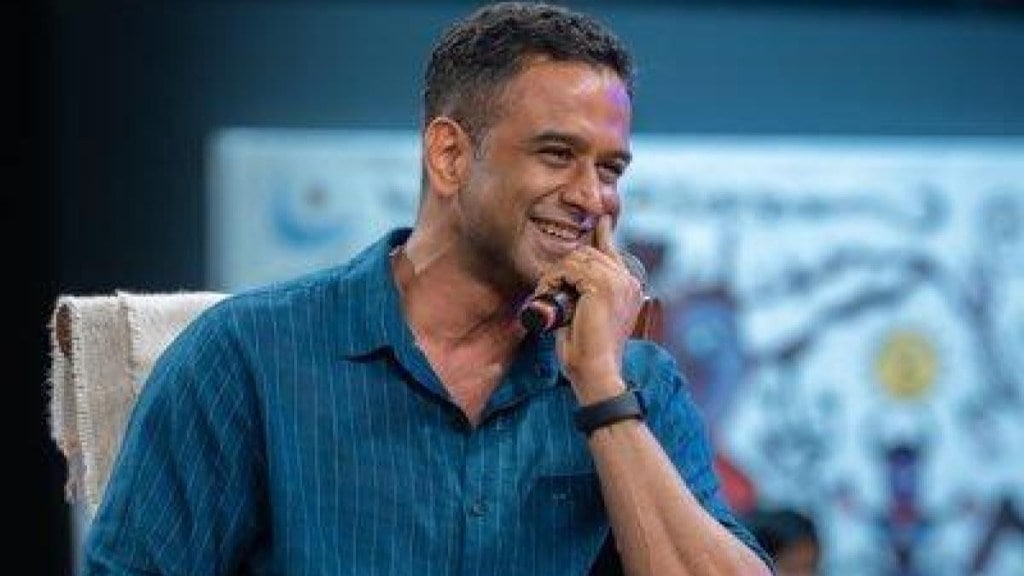We live in a world constantly chasing the next big thing – the next multibagger stock, the next startup unicorn, or that one cryptocurrency that will make us rich overnight.
Amid all this noise, Zerodha co-founder Nithin Kamath took to X, formerly Twitter to share something simple yet profound, maybe a reminder that real wealth is not built on tips or luck, but on discipline and common sense.
Taking to platform X, Kamath wrote, “I often get asked for a stock tip, something that will make people rich. Unfortunately, there are no shortcuts to getting rich. It takes good habits and patience.”
“Things like buying stuff you don’t need, or worse, borrowing to buy them. The other big one is not having health insurance. Things like these can really hold you back,” he added.
Apart from this, he also shared a clip from Zero1ByZerodha, where the speaker Prateek Singh explains why so many of us feel stuck in a financial loop. In the video, he notes that most people are trapped in a cycle – study hard, get a job, take a loan, buy a house, and keep spending. It may look like success from the outside, but inside, it’s an endless loop with no freedom. The root of the problem, Singh points out, is that most people treat their salary as a stream meant to be spent, not saved or grown.
The first step, he says, is simple but powerful, that is track every expense. From that small mint to that fancy dinner – everything. Once you have clarity, cut down just 1% of your monthly expenses. If your monthly spend is Rs 50,000, then Rs 500 saved and invested every month in something like an index fund can create financial discipline. It is not the amount, it is the habit that matters.
But Singh goes further. He argues that before jumping into investments, one must focus on building an emergency fund. If your monthly expenses are Rs 30,000, aim to have at least Rs 1.8 lakh saved up, enough to survive six months without a job. And don’t forget health insurance, he warns. A single health emergency can wipe out years of savings. The video wraps noting the message that financial freedom does not begin with chasing returns, it starts with building safety nets and cutting back on mindless consumerism driven by social pressure.
